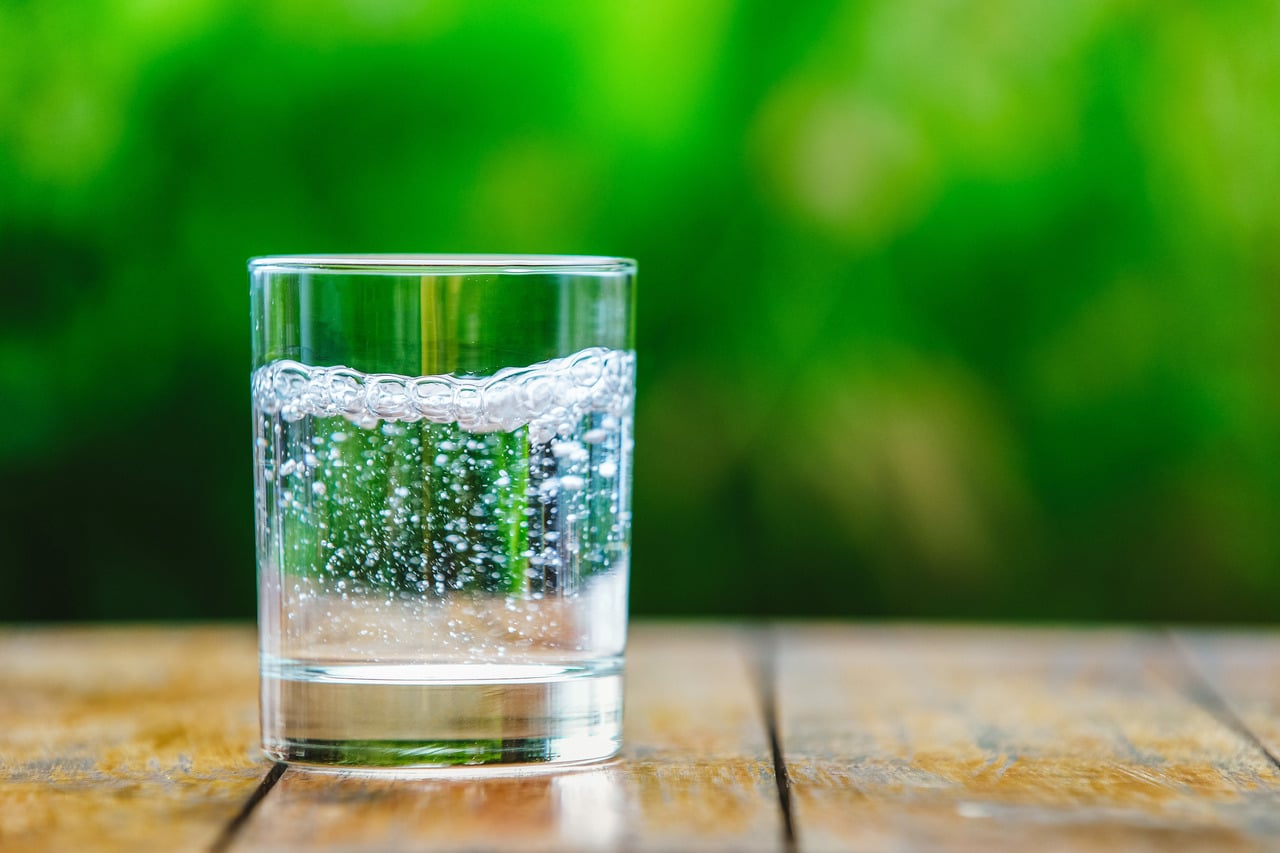Could carbonated water help you shed a few pounds? A new study published in BMJ Nutrition Prevention & Health suggests that carbon dioxide (CO2) in carbonated water might play a role in enhancing glucose uptake and metabolism, potentially contributing to weight loss. The research claims that drinking carbonated water could give your body a small weight-loss advantage compared to still water. However, experts caution that the impact is modest, and carbonated water is no magic solution for weight management.
In an interview with PEOPLE, Dr. Akira Takahashi, a physician with Tesseikai Neurosurgical Hospital in Japan, explained that while the CO2 in carbonated water may expedite glucose absorption, it should not be viewed as the primary tool for weight loss. “The benefit is so small that it’s difficult to expect substantial weight loss effects solely from the CO2 in carbonated water,” he notes.

How CO2 in Carbonated Water May Affect Weight Loss
The study also highlights how carbonated water may work in a more indirect way. The gas released from carbonated water when it enters the stomach causes the gastric antrum (the lower part of the stomach) to expand. This expansion may trigger feelings of satiety (fullness) and contribute to reducing hunger, thereby potentially helping with appetite control. In simple terms, the bubbles may help you feel fuller for longer, which could reduce your calorie intake.
But there’s a catch: only plain carbonated water was studied. Sugary sodas or diet sodas aren’t part of the equation here, as those drinks come with their own set of health risks, like increased chances of heart disease and high calorie counts. For example, a can of regular soda contains about 140 calories, and diet sodas have been associated with various health problems, despite their low-calorie appeal.
The Reality: A Small Contribution to a Larger Health Strategy
Despite the potential benefits, Dr. Takahashi urges caution, pointing out that “carbonated water is not a standalone solution for weight loss.” He emphasizes that “a balanced diet and regular physical activity remain crucial components of sustainable weight management.” Essentially, while CO2 in sparkling water may offer a slight edge, it is far from the magical weight-loss shortcut some might hope for.
Many health experts agree that adopting a healthy lifestyle, which includes proper diet, regular exercise, and good sleep hygiene, is the key to achieving lasting weight loss. “It’s important to integrate healthy habits like eating nutritious meals and staying active, rather than relying solely on any one solution,” says Dr. Takahashi.

Bloating and Digestive Issues: Not for Everyone
For some people, carbonated beverages can cause uncomfortable bloating or digestive upset. Individuals with conditions like irritable bowel syndrome (IBS) or gastroesophageal reflux disease (GERD) may find that the bubbles worsen their symptoms. If you’re sensitive to fizzy drinks, it’s best to proceed with caution or choose still water instead.
Beyond Weight Loss: Other Health Benefits of Carbonated Water
While weight loss is the focal point of many discussions about carbonated water, it’s worth noting that sparkling water may offer other potential health benefits. Hydration is, of course, one of the main advantages. Drinking carbonated water can still help with hydration, and some people find it easier to consume more fluids when they enjoy the effervescence and taste of sparkling water over still water.
In addition, for people who need a little extra incentive to switch from sugary sodas to healthier alternatives, carbonated water can be a useful substitute. It can give you that fizzy sensation without the extra calories or sugar, making it a good option for those trying to cut back on sugary drinks.
Is It Worth It? A Healthy Additive, Not a Magic Bullet
Ultimately, carbonated water may be a helpful tool in your overall weight-loss strategy, but it’s just one piece of the puzzle. As Dr. Takahashi states, “It’s about finding what works for your body and supporting that with healthy choices in every aspect of your life.” While carbonated water is unlikely to cause significant weight loss on its own, its small effects on appetite control and glucose metabolism may offer modest benefits when combined with other healthy habits.
For those who enjoy the effervescence of carbonated beverages, swapping out sugary sodas for sparkling water could be an easy, healthier choice. But for serious weight loss, there are no shortcuts. “Diet and exercise remain the most effective methods for long-term weight management,” Dr. Takahashi advises.
A Healthy Addition to Your Routine
If you’re looking for a simple way to add variety to your hydration routine without the added sugar, carbonated water might be a great option. “In moderation and as part of a balanced diet, it could offer some weight-related benefits, but it should never be seen as a quick fix,” Dr. Takahashi concludes. So while carbonated water can help with appetite control and provide some hydration, it’s important to remember that true weight loss requires a combination of consistent, healthy lifestyle choices.
When it comes to weight loss, there are no shortcuts. A healthy diet, exercise, and mental well-being are essential for lasting results. So, next time you reach for that bubbly drink, remember—it may help a little, but the real work lies in your overall approach to health.